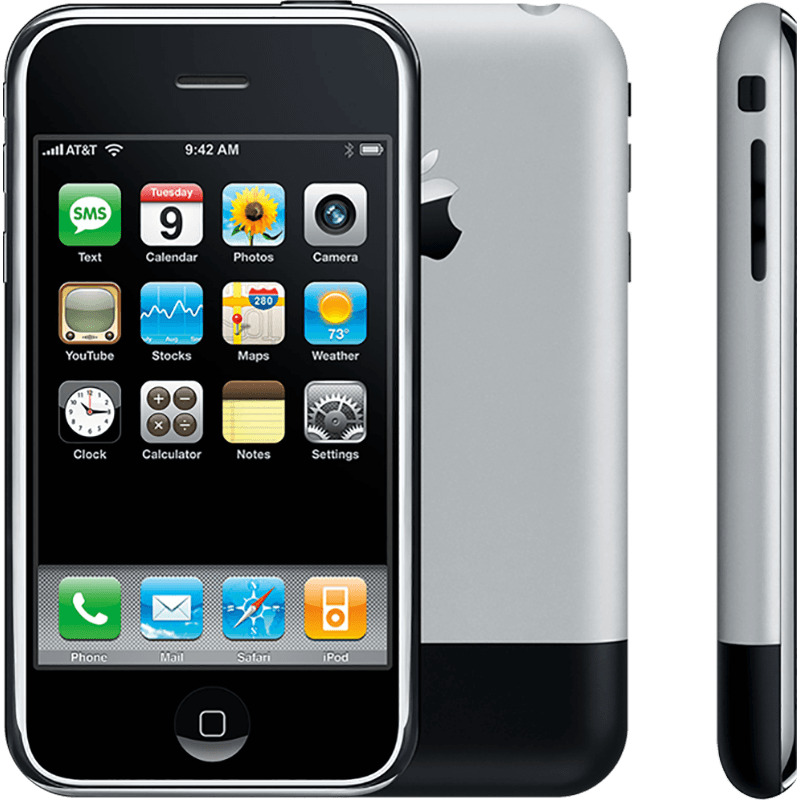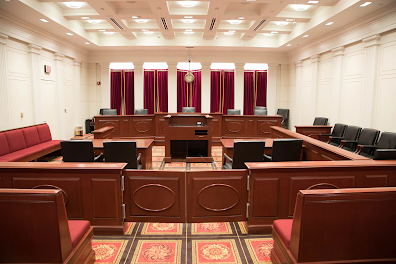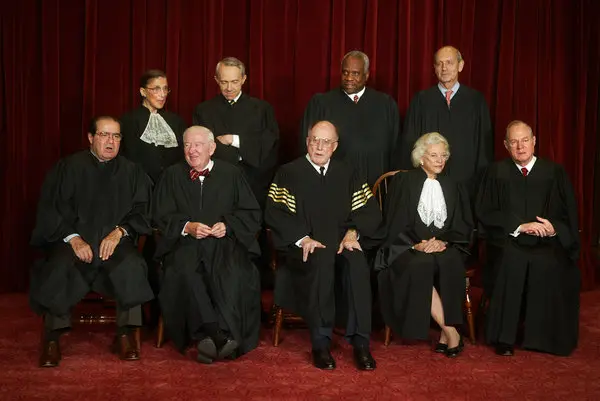History
2007 - The Original iPhone
Revealed on January 9, 2007 and released June 28 that same year, the Apple iPhone was a truly revolutionary communication device. The iPhone had the combined functionality of a cell phone, a GPS, a computer, and an mp3 player in a pocket-sized, touchscreen device. No other phone on the market could compete with the iPhone's convenience or utility.
Apple Versus Android (Samsung)
Impact
Staying Connected

The advent of the smartphone revolutionized communication. With smartphones came the rise of messaging applications and social media, two forms of communication through which any person with a smartphone could reach another person, so long as they also had one of their own. Smartphones have quickly become vital to staying up to date and in touch with friends, family, and current events.
In addition to reshaping how we communicate, smartphones have created a variety of norms and stigma, altering our perceptions of others. It is considered taboo to not have a smartphone, and people without them are perceived as out of touch or behind the times. The stigma even go so far as judgement based on what smartphone you might have. Due to Apple's unique standing as the original smartphone brand, the iPhone is seen as a status symbol. The newer your iPhone is, the more affluent and contemporary you are perceived to be. Though functionally identical and comparably priced, Android phones are seen as the poor person's smartphone. This social norm is reinforced by Apple's iMessage lowering the quality of videos and photos sent from Android phones as well as having messages sent by those phones appear in green bubbles instead of blue ones.
Until the next groundbreaking invention in communication, the smartphone will continue to shape the way we connect with others, receive our information, and live our lives.
Sources
Wired article on the iPhone:
https://www.wired.com/story/guide-iphone/
Statista Apple vs. Android graph:
https://www.statista.com/statistics/271496/global-market-share-held-by-smartphone-vendors-since-4th-quarter-2009/
Textline Smartphone History Article:
https://www.textline.com/blog/smartphone-history
















